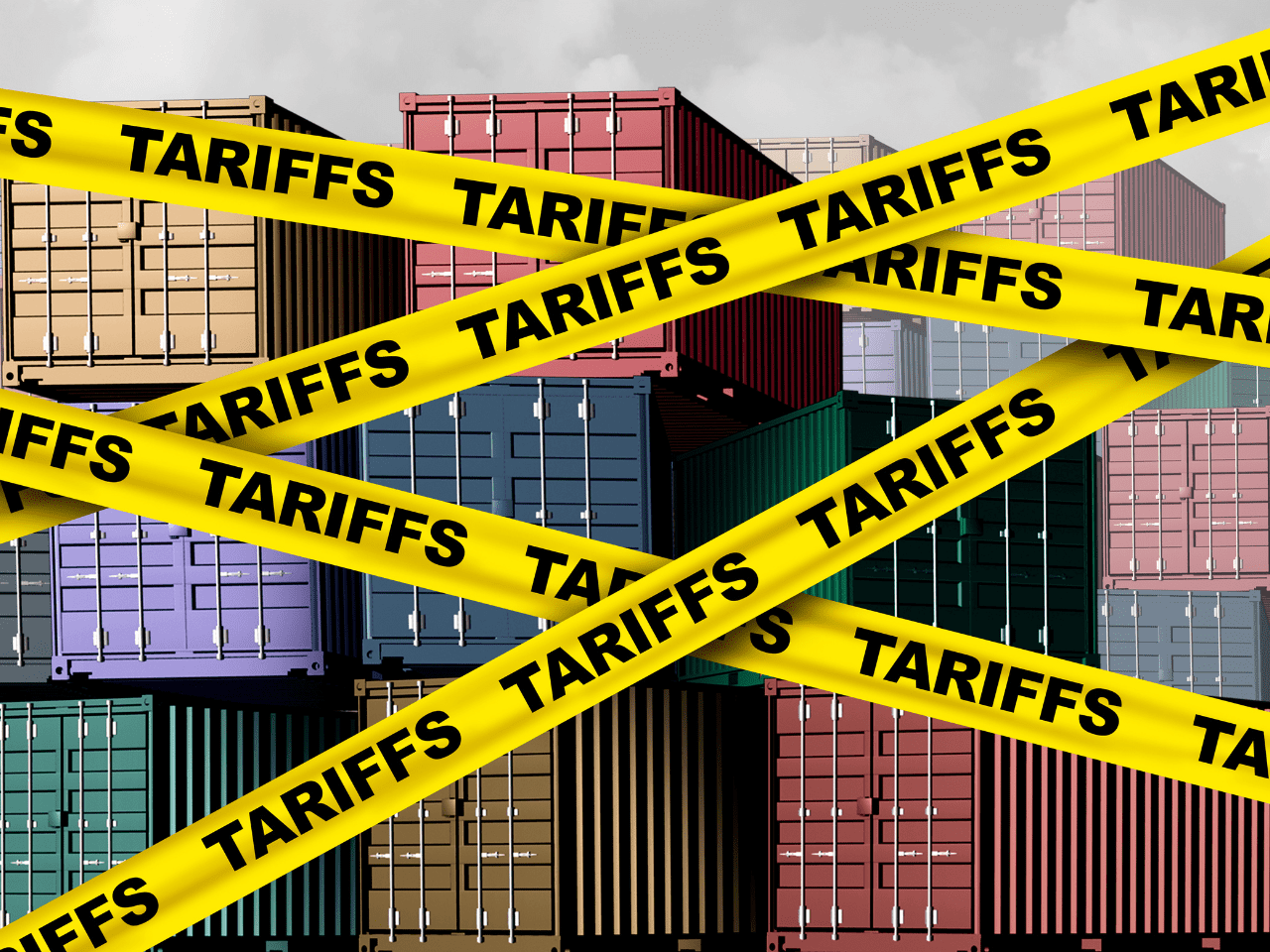Understanding the differences and similarities between these two pieces of legislation and what they mean to you can go a long way to making sure you are prepared and ready to comply.
Across the globe, responsibility for human rights and environmental due diligence has exploded. The regulatory net continues to expand in scope meaning more companies than ever are expected to develop, carry out and report on supply chain due diligence.
This regulation isn’t necessarily new. In 2010 California adopted the Transparency in Supply Chains Act, designed to increase transparency and accountability in international supply chains and elsewhere in the world there have been several due diligence acts that have been proposed or approved. Perhaps the most eagerly anticipated piece of legislation is the EU’s Corporate Sustainability Due Diligence Directive (CSDDD). After a bumpy ride, the Directive is now expected to be formally ratified in 2024 before formal adoption by individual EU Member States.
In advance of the the CSDDD being ratified, Germany has opted to introduce their own legislation. The Lieferkettengesetz (LKSG) entered into force on 1 January 2023 for companies with more than 3000 employees and is due to expand in scope from 1 January 2024 to include companies employing more than 1000 people.
Understandably, all this similar but different legislation is creating some headaches for procurement, sustainability and corporate reporting teams. To help with that, let’s look at the similarities and differences between CSDDD and LKSG based on what we know now.
Who is required to comply?
LKSG and CSDDD have slightly different criteria for which companies are required to comply with the CSDDD having a significantly lower threshold than LKSG.
Lieferkettengesetz – From 1 January 2024 the Act will require companies with head offices or branches in Germany with 1,000 or more employees to comply. Additionally, companies importing goods into Germany are affected.
CSDDD – The CSDDD follows a phased approach. It will initially apply to organisations with more than 5000 employees and turnover of in excess of €1500 million. By 2029 the legislation will have been extended to apply to companies with more than 1,000 employees and a turnover of over €450 million.
Upon full implementation, non-EU companies will also be required to comply.
What does the legislation cover?
LKSG and CSDDD differ in scope and focus.
Lieferkettengesetz – The LkSG covers a broad range of risks related to human rights and the environment including forced labour, discrimination, rights of indigenous people, protection of environmental habitats and forestry. There are three specific environment-related conventions also covered by the legislation; The Minamata Convention, Stockholm Convention and Basel Convention.
CSDDD – The CSDDD is less specific regarding the scope of human rights and environmental elements to be evaluated. It will require companies to more generally identify and address adverse impacts created through the life-cycle of production and consider both upstream and downstream value chains where there are established business relationships.
Read our jargon busting blog for more on terms like upstream and downstream value chains and double materiality used in the CSDDD.
What are the due diligence steps required?
LKSG and CSDDD advocate a very similar approach to supply chain due diligence which is very much in line with other similar legislation in other parts of the world.
Lieferkettengesetz – Under the due diligence requirements of the LkSG, companies are required to form due diligence based on core elements of the National Action Plan for Business and Human Rights (NAP). This includes:
- The development of a risk management system
- Designation of a responsible person
- Performance of regular risk analysis
- Issuing a policy statement
- Laying down preventative measures
- Taking remedial action
- Establishing a complaints procedure
- Documenting and reporting
In addition to these elements, the German Government has also identified several internationally recognised guidance documents including those issued by the Office for Economic Co-operation and Development (OECD) and United Nations.
In a similar vein the CSDDD recommends businesses adopt a due diligence approach which:
- Integrates due diligence into policies and management systems
- Identifies and assesses adverse impacts
- Prevents, cease or minimises potential impacts
- Assess the effectiveness of measures
- Communicates on progress
- Provides a process for remediation
As with the Lieferkettengesetz, the CSDDD specifically references the OECD Due Diligence Guidance for Responsible Business Conduct as the guidance that businesses should consider when establishing their processes.
What are the reporting requirements?
Lieferkettengestz is already in force and has very clear and prescriptive reporting requirements whereas the CSDDD legislation proposes that reporting is done as part of a company’s annual reporting process.
Lieferkettengesetz – Strict reporting requirements have been defined by the Bundesamt für Wirtschaft und Ausfuhrkontrolle (BAFA) whereby companies report on their due diligence activities. The law requires companies to submit an annual report no later than four months after the end of the financial year to which the report relates. The report must state:
- Whether a company has identified any human rights or environment-related risks and if so, which ones
- What the company has done to fulfil due diligence obligations
- How the effectiveness of measures has been assessed
- What conclusions have been drawn for future due diligence measures
The annual report originates from responses to a structured questionnaire with a mixture of open and closed questions as well as multiple-choice options. Companies must complete the questionnaire in its entirely and truthfully.
CSDDD – To reduce the reporting burden, it has been proposed that companies reporting under Directive 2013/34/EU will not be required to comply with any further annual due diligence reporting requirements.
For those companies not currently required to comply with Directive 2013/34/EU the proposed legislation states that companies should publish an annual statement on their website in language customary to their sphere of international business. The current proposal does not specifically define what should be covered.
Putting it all together
As with much of the proposed and existing human rights due diligence legislation around the world, the process for conducting due diligence has been aligned with existing international guidance documents.
As we’ve seen in Germany, some EU Member States have developed more prescriptive legislation which defines specifically which areas must be covered and the methods companies must use to disclose against them. The passing of mandatory human rights due diligence laws marks an important step towards a more responsible and sustainable global economy. Using a risk-based approach to supply chain diligence can reduce legislative burden and improve the effectiveness of due diligence. Embarking on a compliance journey now will enable businesses to enhance their global reputation, increase transparency and likely reduce future disruption.
To support organisations to manage the evolving legislative environment, Achilles continuously monitors international supply chain and procurement regulations to ensure our supply chain due diligence services meet both local and global compliance requirements and standards. Our global reach and local presence act as an extension of our clients’ procurement, sustainability and compliance teams to provide deep understanding of local regulations, language and culture and enable superior and highly efficient supply chain risk management. Our processes have been refined over many years to enable supplier data to be collected and verified once and used to meet multiple internal and external objectives and obligations (such as LKSG and CSDDD) in a very cost and time efficient way. Learn more.
Read more about the Liefergettengesetz and EU Corporate Supply Chain Due Diligence Directive, including detailed guidance on how to comply.

